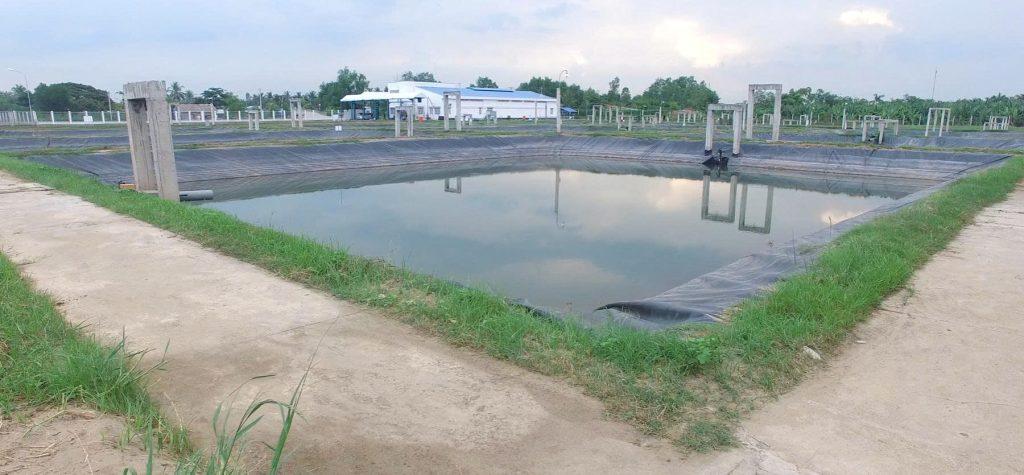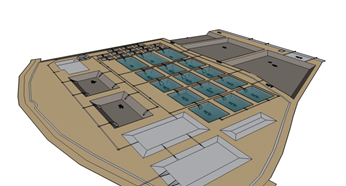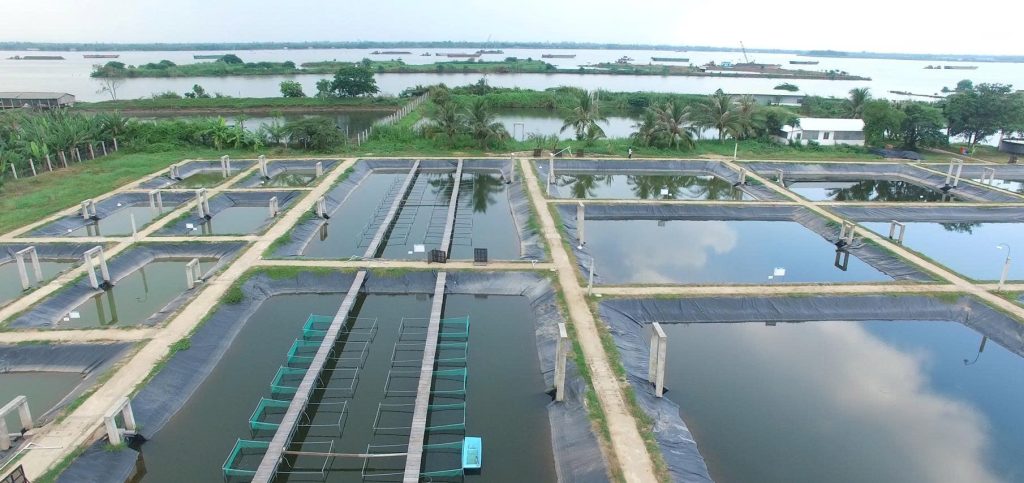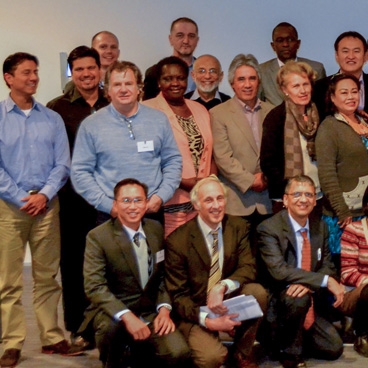As part of the study program of the University of Dalat, Dan conducted a three months internship at Fresh Studio. “It was just a short time, but a wonderful experience.”
Choice for Fresh Studio
I found Fresh Studio by Internet. I wrote a motivation letter, in which I described my previous experiences, and applied at the company. I was so happy that Fresh Studio accepted my request.
Internship assigment
My internship assignment was to make a ‘Green lolo trial’.
Furthermore, I had the opportunity to work with farmer at Suoi Thong B village in the Metro Requirement project. The first days, I was guided enthusiastically by Fresh Studio’s agronomists. I was introduced in the company and they informed me about the production process “Metro Requirement”. I also visited farmers in Dalat with the agronomists.
I started working at the Demo Farm. I provided different seed varieties, soil and fertilizers for testing green lolo. I worked with farmers, who produce safe vegetable in “Metro Requirement” project. I found this the most exciting part of the job. I checked their farm, noted their plants, fertilizer storage, pesticide storage… I experienced that farmers have multiple personalities; some are very friendly but some are very picky. But after some time, I was close to them. They shared many things about farming, crop and some things in life with me. My knowledge increased a lot.
Reflection
Looking back at those 3 months, I have a lot of happy memories and unforgettable impressions. Fresh Studio is a professional working environment. People are very passionate about their work and we always made a lot of fun.
When my internship ended, the company organized a farewell party. I was deeply moved.
At this moment, I am back in college to continue my education. If I think about past time, I feel so happy and grateful for the company. Fresh Studio is not only a company but a family. I will strive and study hard to have the opportunity to be a member of the Fresh Studio family again.










